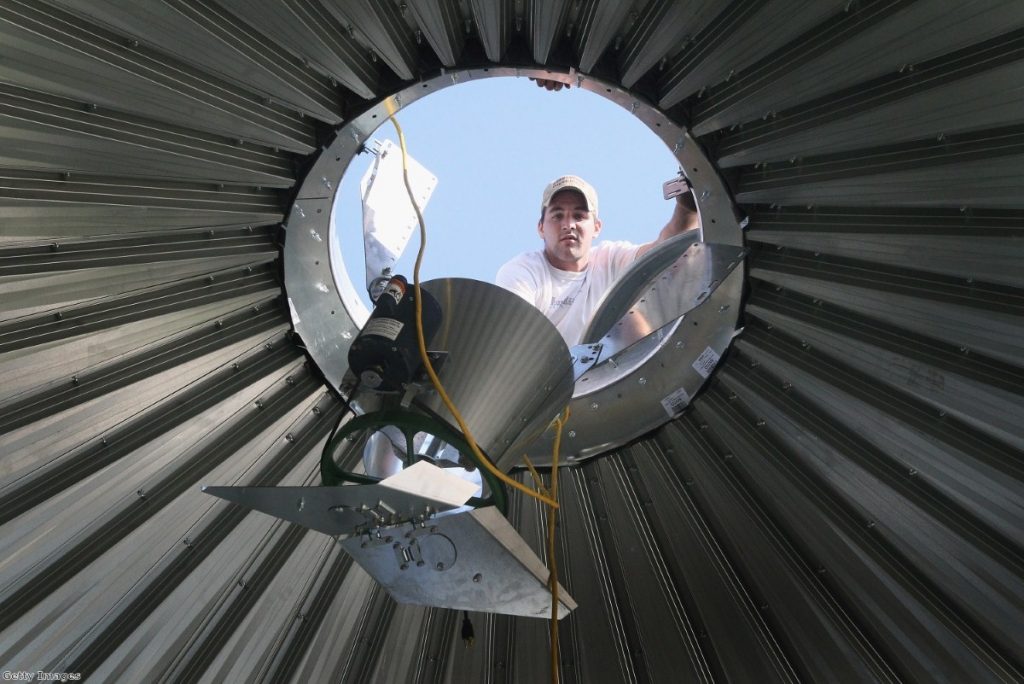Scientists: Cooperation, not competition, makes us successful
By Ian Dunt Follow @IanDunt
Cooperation is the key human attribute which explains why we are such a successful species, experts have concluded.
While research out today does not directly contradict claims that competition makes humans more efficient, it suggests shared efforts and rewards have a more decisive role in accomplishing tasks.
"Humans can fashion ever more efficient, complex and diverse solutions to life's challenges, building on the knowledge and technology of previous generations," Dr Lewis Dean, researcher at St Andrews University, said.


"However, other animals, despite being able to learn from one another, never seem to build on that knowledge.
"Our study proves that it is our social skills and, in particular, the human ability to cooperate that explains our successes and achievements in a fast-moving technological age."
A team of biologists and psychologists from St Andrews, Texas, Strasbourg and Durham set the same series of puzzles for groups of capuchin monkeys, chimpanzees, and nursery school children to retrieve rewards of increasing desirability – food in the case of animals and stickers for the children.
Researchers found the children were able to reach higher-level solutions by working as a team, teaching each other how to retrieve rewards, giving advice, copying each other, and finally sharing their coveted prizes.
"Humans have evolved to be suited to a culturally constructed world," said biologist Professor Kevin Laland.
"In contrast, other animals, even chimpanzees, probably don't have the right kind of minds to devise solutions to problems that ratchet up in complexity. "
The research, published in the journal Science, comes at a particularly interesting time in British politics, as the role of competition in industry and production is increasingly questioned.
Under Margaret Thatcher, John Major and Tony Blair, competition was considered a uniquely favourable quality, leading to widespread privatisation of public services.
Since the recession the term has taken on a more contentious quality, as critics of privatisation pointed to the near-collapse of the financial sector as evidence the free market was not as efficient as political and economic leaders had claimed.
The current debate over the NHS bill centres increasingly on whether it would be effective to introduce competition in the health service.
Earlier this week, Nick Clegg promised to introduce new restriction on competition and private involvement in the NHS, although he stopped short of backing demands from Baroness Williams that all elements to do with competition be removed from the bill.
Despite the concessions, David Cameron delivered a passionate defence of competition as a way of making public services more efficient during PMQs last Wednesday.












